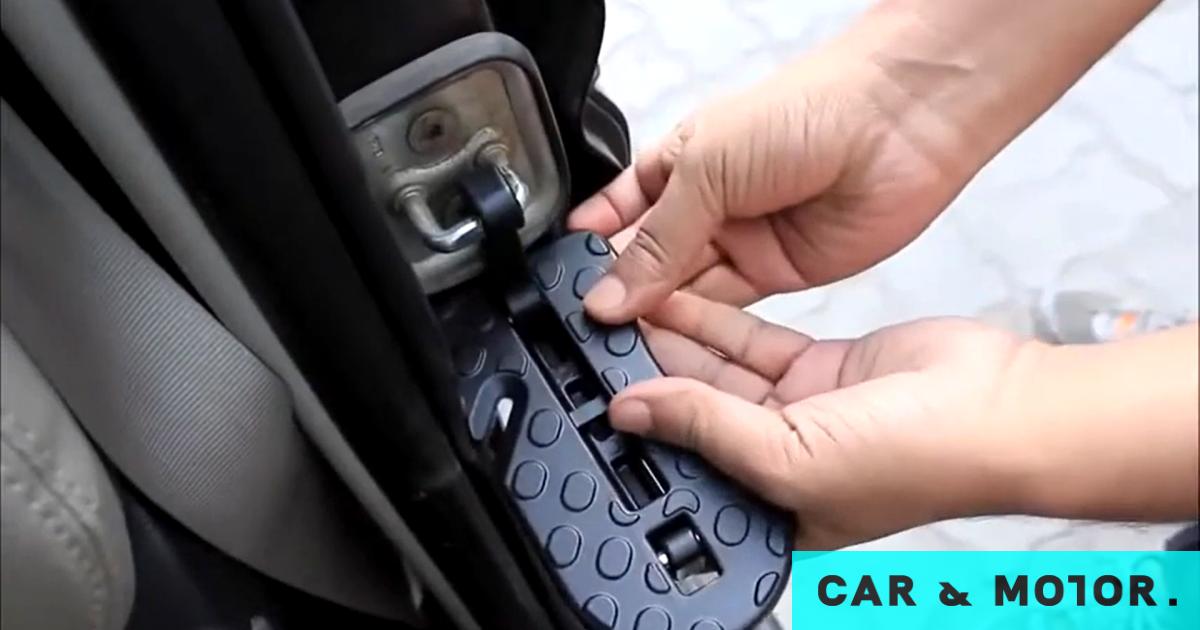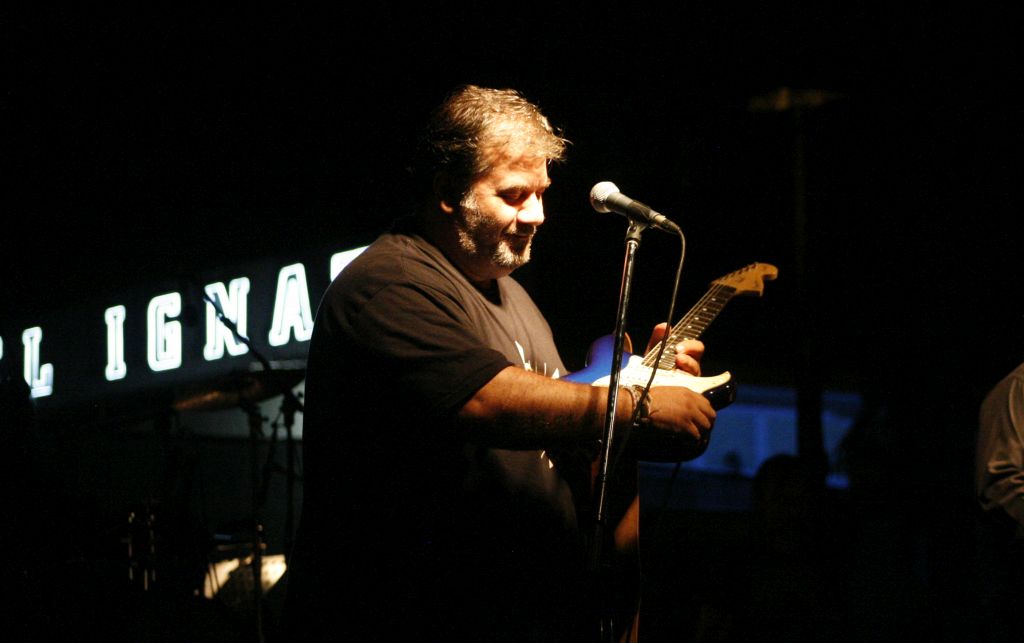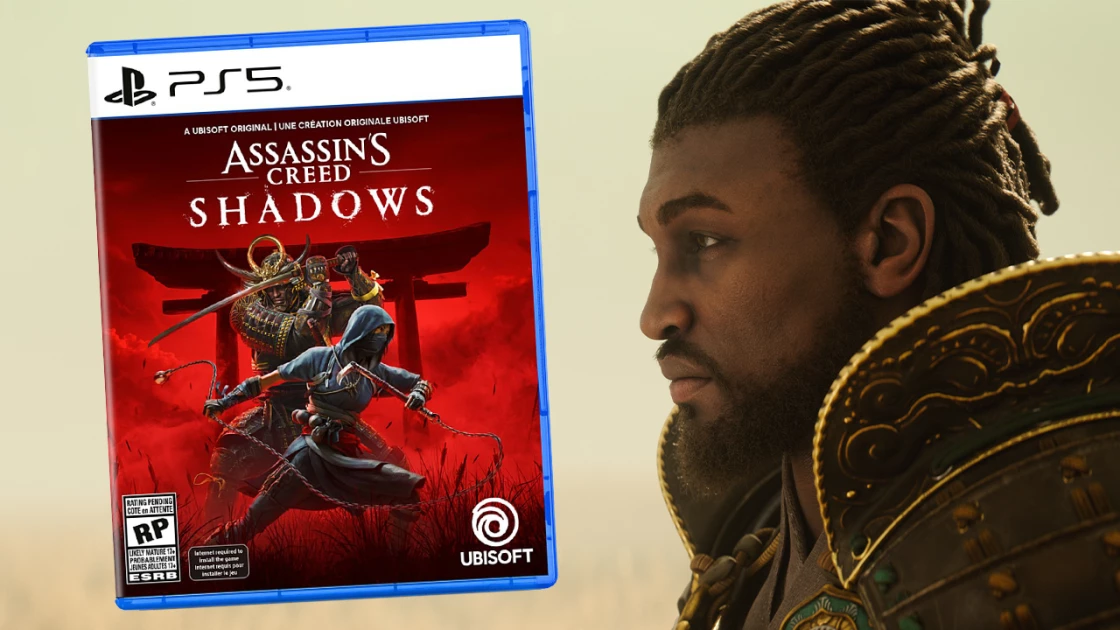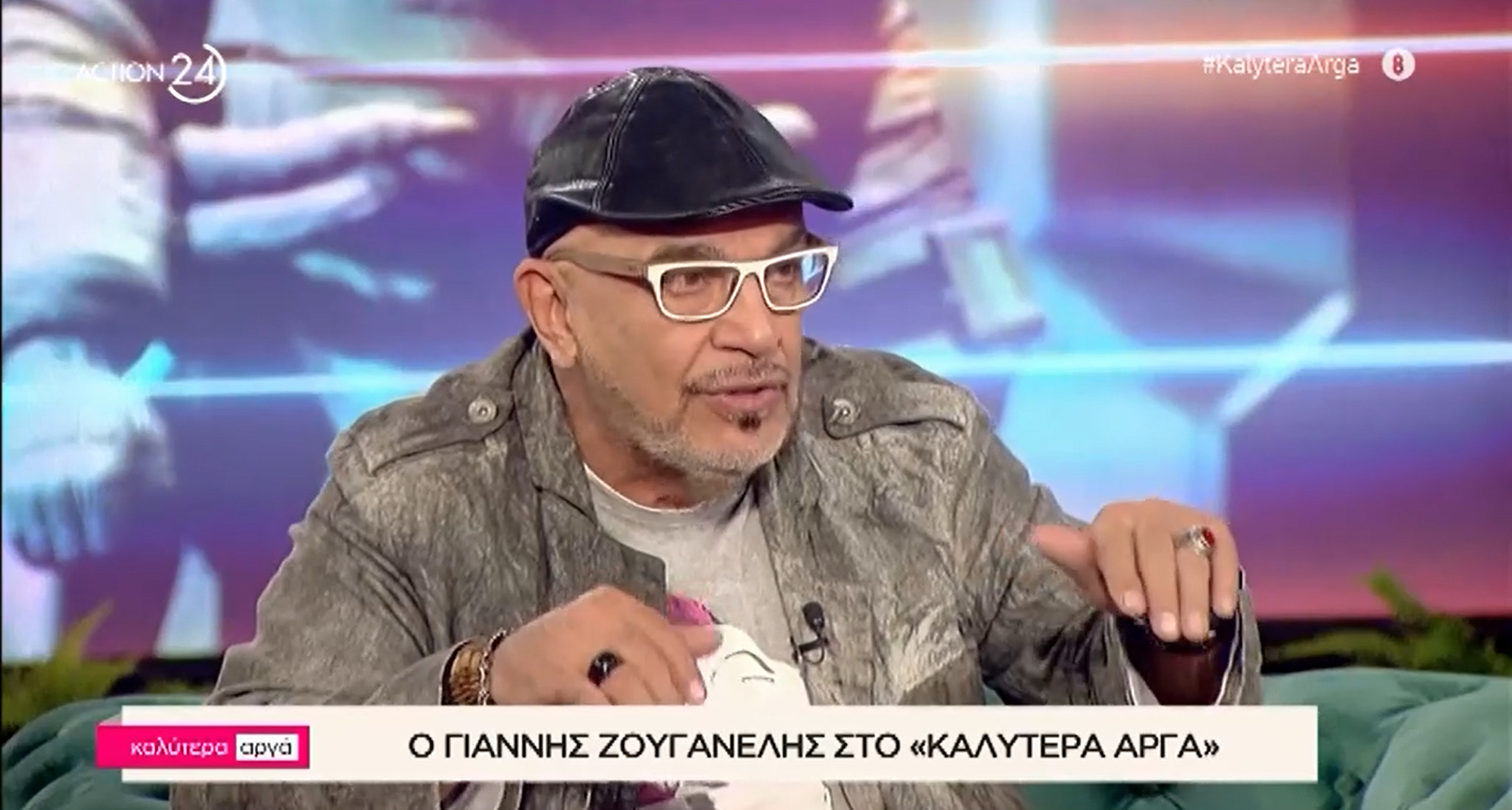
Written by Mark Champion
It is difficult to think of President Recep Tayyip Erdogan, the strongman whose bizarre ideas about the economy brought his country close to disaster, as a pragmatist. But this is precisely how one can best understand his foreign policy vicissitudes and why he found himself stuck in an “everything but love” triangle with Russia and NATO.
On Monday, Erdogan went to meet Russian President Vladimir Putin in the Black Sea resort of Sochi, accompanied by many members of his government. He stated the obvious as he entered the meeting: “Everyone,” he said, is watching to see whether they can revive the grain deal that allowed Ukraine to export 33 million tons of wheat and other grains by sea during a year of war, stabilizing global prices. of food and significantly enhance Türkiye’s position on the world stage.
Erdogan brokered this deal last summer and Putin finalized it on July 17. He showed no signs of life on Monday after the 90-minute meeting between the presidents of Russia and Turkey. Instead, the two men presented a separate and highly cynical plan to salvage Putin’s image in the Global South, under which Qatar would buy 1 million tons of Russian grain to process in Turkey and distribute to selected African countries.
Damage control
Erdogan’s visit to Sochi was not just about grains. It was an attempt at damage control, because after using Putin to help him get re-elected earlier this year, the Turkish leader has once again become attuned to the Kremlin’s enemies in the United States and Europe. From Moscow’s perspective, this amounts to treason.
Until his election victory on May 28, Erdogan used Turkey’s veto power as a NATO member to prevent Sweden from joining the bloc, accusing it of harboring Kurdish “terrorists.” This could not have been more welcomed by the Kremlin or more enraged by Turkey’s NATO allies. Amid a barrage of anti-Western rhetoric, Erdogan accused his political opponents of taking orders from Washington.
Putin returned the favor, allowing Erdogan to announce Russia’s agreement to extend the grain agreement by two months with Ukraine on the eve of the first round of the Turkish presidential elections. Erdogan’s main rival for the Turkish presidency accused Russia of meddling in the elections, including a fake smear campaign.
But after the elections ended, Erdogan turned decidedly westward, not only giving the green light to Sweden’s attempt to join NATO, but also hinting that he would do the same for Ukraine, akin to showing a red cloth in front of a Russian officer. ) bull. After Russia halted the grain deal in July, Russia made its displeasure clear by sending troops to board a Turkish cargo ship and broadcasting footage of crew members being forced to kneel at gunpoint.
Moving to… Türkiye
It would of course be a mistake to understand any of this as a complete turn on Erdogan’s part towards the West. It aims to establish Turkey as a regional power in an emerging multipolar world, capable of sitting at the same table and engaging in various fields with the United States, the European Union, China, India, and Russia, among other countries. This means trying to play at a much higher level than Turkey’s special weight allows and turning powerful forces against each other.
On the whole, Erdogan succeeded, albeit at a heavy cost to Turkey’s democracy. But when he was re-elected a few months ago, his balance was in danger of collapsing as the country was exposed to the reality of Turkey’s dependence on Western markets. By December, the value of the Turkish lira had more than halved and inflation reached 65%, as Erdogan insisted on cutting central bank interest rates while facing rising prices. As foreign creditors fled, the Turkish president relied on networking games and loans from wealthy Gulf states to fill the gap. It wasn’t enough.
Erdogan now realizes that his economic experiment of lowering interest rates to curb inflation has failed, and that Turks are lining up to replace their weak currency with the US dollar instead of the Russian ruble or Chinese yuan, says Huseyin Baci, an expert on Russian issues and president of the European Central Bank. Ankara Foreign Policy Institute. “Turkey needs the West because the money is still in the West,” he says.
The same applies to the F-16 modernization kits and the planes themselves, which Turkey needs to bolster its aging air force until it can build modern fighter jets on its own. As angry as Erdogan is toward NATO, the Russian invasion of Ukraine demonstrated the alliance’s value to Turkish security, just as Turkey’s geography and control of access to the Black Sea underscored its importance to the alliance.
However, if on the one hand Turkey needs NATO, American F-16s, European markets, and an end to the war in Ukraine that does not turn the Black Sea into a Russian lake, then Erdogan also needs trade with Russia (which has risen more than 80 % in the last year). last year with Turkey refraining from joining Western sanctions), cheap Russian gas, Russian tourism (which rose by almost 150% this year), as well as Putin himself, the strongman and “fighter” against American hegemony and European liberal values.

“Hipster-friendly coffee fanatic. Subtly charming bacon advocate. Friend of animals everywhere.”





More Stories
“The catastrophe we are experiencing is the worst ever.”
Unrest in Türkiye – Rumors circulate of an attempted coup against the government
Assassination attempt on the Prime Minister of Slovakia